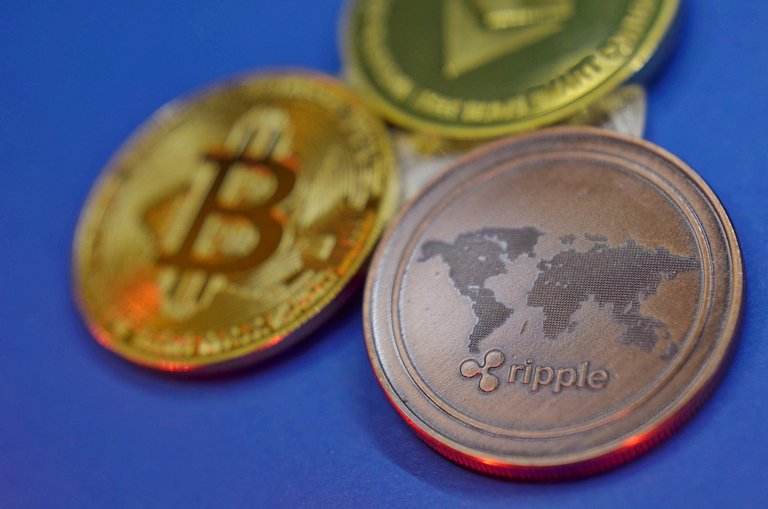The cryptocurrency world is filled with excitement over the court decision in the long-running case between Ripple Labs and the U.S. Securities and Exchange Commission. This would be one of the landmark rulings that, without a doubt, shook the complete landscape within the cryptocurrency space for XRP and other digital assets alike.

For years, Ripple has had to deal with the law over the classification of XRP. This court ruling finally proved good for Ripple by minimizing its case: namely, selling XRP to everyday investors on exchanges doesn't run afoul of securities laws. This verdict was able to lift the heavy cloud that had been hanging over XRP since 2020.
It showed immediately with XRP prices surging by around 20% after the ruling. Now, investors who had been staying on the sidelines rushed back in again to participate in the perceived new opportunity. But the effects of this decision are likely to stretch far beyond just a short-term price bump.
Most important, perhaps, is that XRP may find its way back to the major cryptocurrency exchanges.
When the SEC filed its case, most platforms were too scared to keep XRP in their listings. Now, after the ruling from this court starts to bring clarity, these exchanges may feel more comfortable relisting XRP, dramatically increasing the cryptocurrency's availability and liquidity.
It may also open the door for new kinds of financial products pegged to XRP.
Traditional financial institutions have been hesitant to dip their toes into cryptocurrencies amid regulatory ambiguity, so they might look at XRP in a different light now. Some even speculate we could see XRP-based ETFs in the near future, similar to what's currently being proposed for Bitcoin.
The ruling could set a big precedent for the cryptocurrency industry in general.
This suggests that not all digital assets will be treated as securities, which has been a major concern for many projects. This might ignite innovation and investment in the space as companies might have a safer environment to have new products and services developed.
The legal battle is far from over. With the SEC possibly appealing this judgment, the court did find Ripple's sales to institutional investors violate securities laws. This mixed ruling, in effect, just sets a further basis for the case law evolution in the regulatory landscape for cryptocurrencies.
The impact that the Ripple case will have may set a significant precedent for other countries to follow in their approaches to cryptocurrency regulation. It will also be referenced by other regulators and courts around the world who are new to, and seeking their way through such issues, being one of the major legal decisions made over such an issue.
Posted Using InLeo Alpha